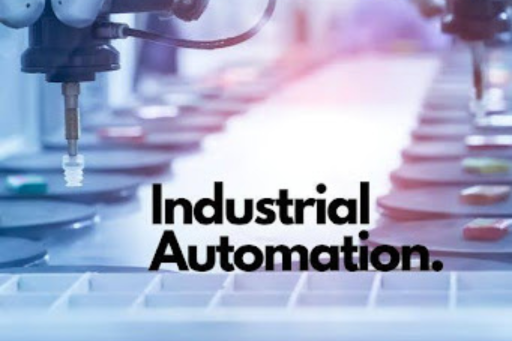In today’s fast-paced industrial environment, automation and precision are paramount. At the heart of this technological revolution lie industrial sensors, essential devices that monitor and measure various parameters in manufacturing processes. From temperature and pressure to flow and level, these sensors are crucial for optimizing operations, ensuring safety, and maintaining product quality.
What Are Industrial Sensors?
Industrial sensors are devices that detect and respond to physical phenomena. They convert data from the environment into signals that can be interpreted and acted upon by control systems. These sensors play a vital role in industrial automation, allowing for real-time monitoring and control of processes.
Types of Industrial Sensors
- These are used to monitor temperature in various processes. Common types include thermocouples, thermistors, and infrared sensors. Accurate temperature control is essential for processes like chemical manufacturing and food production.
- These sensors measure the pressure of gasses or liquids. Pressure Sensors are crucial in applications such as hydraulic systems, boilers, and pneumatic systems.
- Used to measure the flow rate of liquids and gasses. They help maintain optimal flow conditions in pipelines and are essential in water treatment and chemical processing.
- These devices detect the level of substances within a container, such as liquids or solids. They are widely used in storage tanks, silos, and wastewater treatment facilities.
- These sensors detect the presence or absence of an object within a certain range. Commonly used in automation systems, they help in counting items and ensuring safety in manufacturing.
- Vital for monitoring machinery health, these sensors detect vibrations that can indicate wear or impending failure in rotating equipment.
- Using cameras and imaging technology, these sensors can identify defects, measure dimensions, and guide robotic operations in assembly lines.
- By providing accurate measurements, sensors help optimize production processes, reduce waste, and enhance efficiency.
- Sensors can monitor equipment health, predicting failures before they occur. This proactive approach minimizes downtime and reduces maintenance costs.
- Sensors ensure that products meet quality standards by monitoring critical parameters throughout the production process.
- By continuously monitoring hazardous conditions, such as high pressure or temperature, sensors not only help protect workers but also prevent accidents.
Challenges and Future Trends
- While industrial sensors offer numerous benefits, they also face challenges. For instance, environmental factors such as dust, humidity, and extreme temperatures can significantly affect sensor performance. Moreover, the integration of sensors with existing systems can be both complex and costly.
- The Industrial Internet of Things (IIoT) is transforming how sensors are used, enabling real-time data sharing and advanced analytics.
- These sensors come equipped with built-in processing capabilities, allowing for more complex data analysis and reducing the need for external devices.
- As the shift towards wireless sensors occurs, it is enhancing flexibility and, consequently, reducing installation costs, particularly in hard-to-reach areas.
- As sensors become more connected, ensuring data security and integrity is becoming increasingly critical.
Conclusion
Industrial sensors are fundamental to modern manufacturing and automation. Their ability to provide accurate, real-time data allows industries to optimize processes, enhance safety, and improve product quality. As technology continues to advance, the role of sensors will only grow, paving the way for smarter, more efficient industrial operations. Embracing these innovations will be key for companies looking to stay competitive in an ever-evolving market.


